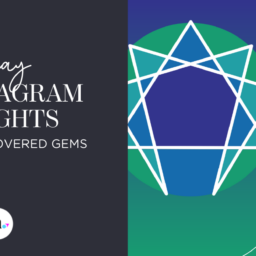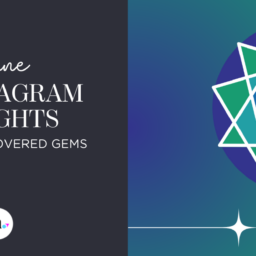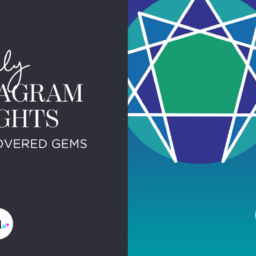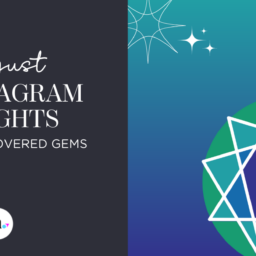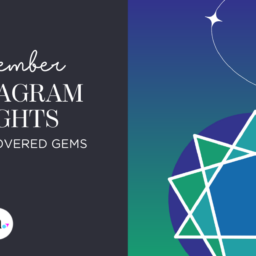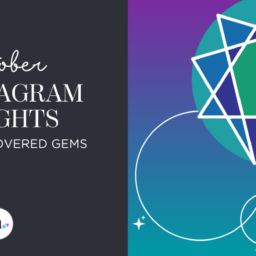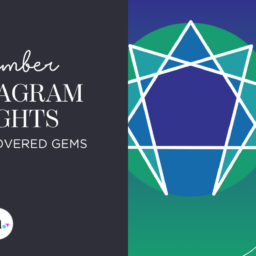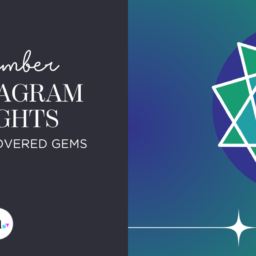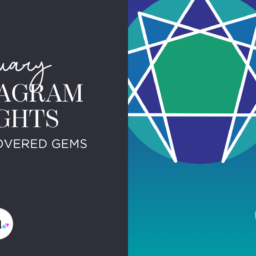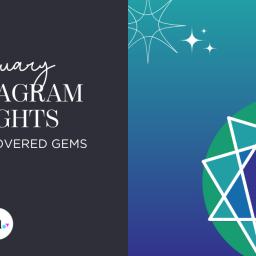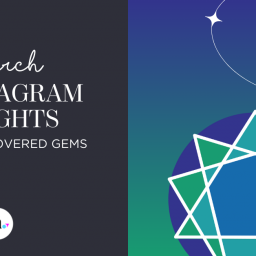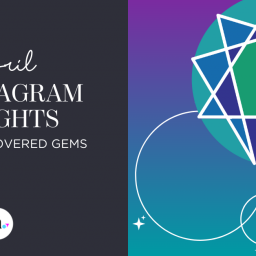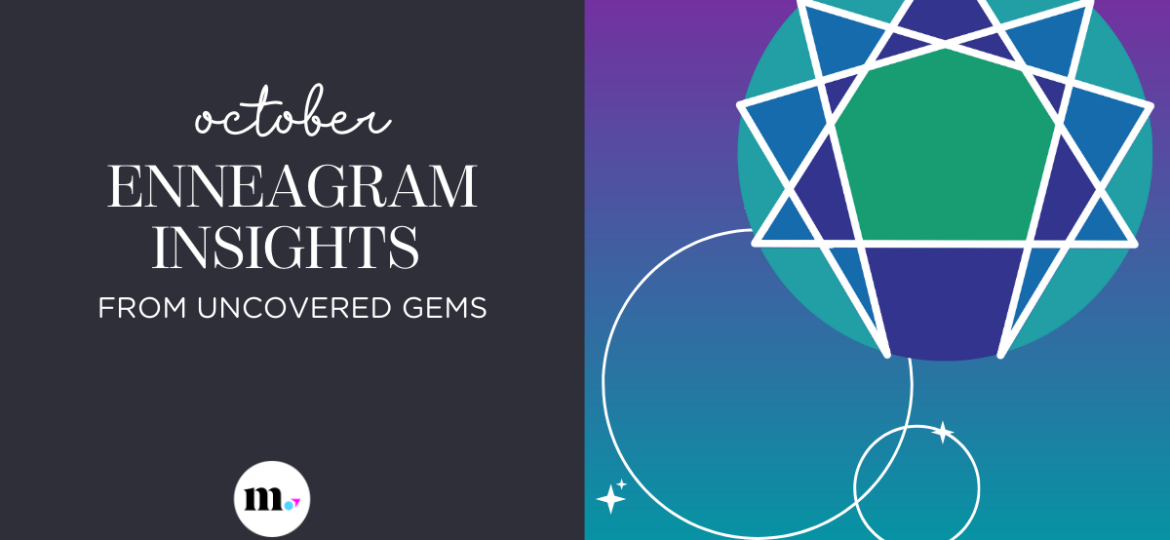
 Welcome to Indy Maven’s Enneagram column coming by way of Jenn Lisak Golding of Uncovered Gems. Check out her website for even more info from the world of Enneagram, or to book a private session.
Welcome to Indy Maven’s Enneagram column coming by way of Jenn Lisak Golding of Uncovered Gems. Check out her website for even more info from the world of Enneagram, or to book a private session.
Have you ever struggled with identifying your Enneagram type because you feel as though you show up differently personally versus professionally? Don’t worry, you’re not alone—and there’s a reason for it.
For the most part, we filter ourselves when we show up to work. We may speak more formally, dress a different way, or not share as much about ourselves as we would personally. As such, how people experience us at work can be very different than how we are experienced in a friend group. This is further exacerbated if you tend to be a more private person in general as the only people who are really going to get a sense of the true, unfiltered you will be your family (biological or found) or close friends.
However, even if you do show up differently at work, your core motivation is still at play; it just might be showing up a little differently. Something else to keep in mind is that your Enneagram type really needs to be based on your core motivation in your most unfiltered self. That means, if and why you’re taking an Enneagram assessment or taking part in a typing interview, you likely need to answer how you would in your personal life, not your professional life. For some, this is similar, but I often find that those answers can be quite different.
So, how is your Enneagram type showing up differently personally versus professionally?
1. You may see your wings come out more.
At work, we may tend to only show pieces of ourselves instead of being forthcoming about who we are. That means that we may see our wings come out more so that we can seem like a well-rounded team member or even hide pieces of ourselves. For example, if you’re a Type 3, you’ll definitely show up to work with a plan, a vision, and drive, but you’ll likely also want to be liked. Your 2 wing might show up more in an effort to attract and build relationships with others, even if your 4 wing is more apparent in your personal life.
2. It may be harder to communicate your needs at work.
Depending on your type, it may be harder to communicate what you need at work because it can feel very personal. For example, a Type 6 may need to externally process, but they know that can take time and space from others to do so. As a result, they may try to think through things completely on their own, which can restrict their creative problem-solving. Or for a Type 9, they may go with the flow so often that a manager thinks everything is fine when the Type 9 really wants support in a certain way.
Even if it feels hard, it is important to be aware of what you need in a work environment and ask for it. We’re all human!
3. Strengths or weaknesses can become exacerbated.
In addition to our core motivation, most of us are motivated to do well at work. That means that we could go pedal to the medal at work, or that our inner critic might be a little bit louder. For example, Type 1s already have a really loud inner critic, which can be even further amplified at work—both in a positive and a negative way. It’s important for us to be mindful of the balance of our strengths and weaknesses. When over or underused, a strength can become a weakness!
Of course, all of these are dependent on your type and how much you naturally shapeshift in different environments. No two people are the same, and it’s part of the reason I love the Enneagram—it provides an opportunity for us to appreciate all of the different nuances we bring to the table.
Whether you compartmentalize all the time or never have a filter, it’s good to be aware of how your behavior may vary in different environments. It leads to more knowledge about yourself, which leads to more self-awareness, which ultimately leads to more personal growth. At the end of the day, my hope for you is that you can be your true, authentic self as much as possible!
Jenn Lisak Golding is a certified Enneagram coach through The Art of Growth and the face behind Uncovered Gems. She is also the founder and owner of the sister brand Sapphire Strategy, a measured marketing agency. Passionate about emotional intelligence, Jenn helps individuals, teams, and leaders on personal and professional growth journeys.
SUPPORT LOCAL JOURNALISM
All of our content—including this article—is completely free. However, we’d love it if you would please consider supporting our journalism with an Indy Maven Membership.






